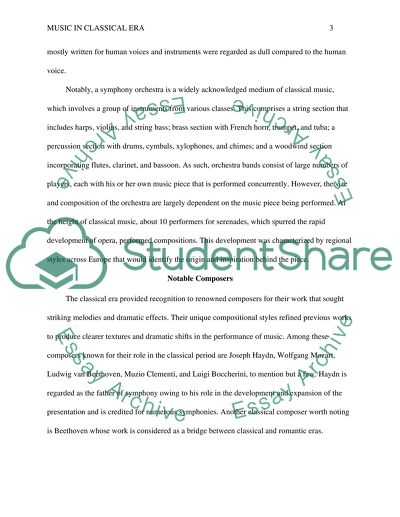Cite this document
(“Music in Classical Era Essay Example | Topics and Well Written Essays - 1750 words”, n.d.)
Retrieved from https://studentshare.org/music/1479615-music-in-classical-era
Retrieved from https://studentshare.org/music/1479615-music-in-classical-era
(Music in Classical Era Essay Example | Topics and Well Written Essays - 1750 Words)
https://studentshare.org/music/1479615-music-in-classical-era.
https://studentshare.org/music/1479615-music-in-classical-era.
“Music in Classical Era Essay Example | Topics and Well Written Essays - 1750 Words”, n.d. https://studentshare.org/music/1479615-music-in-classical-era.


